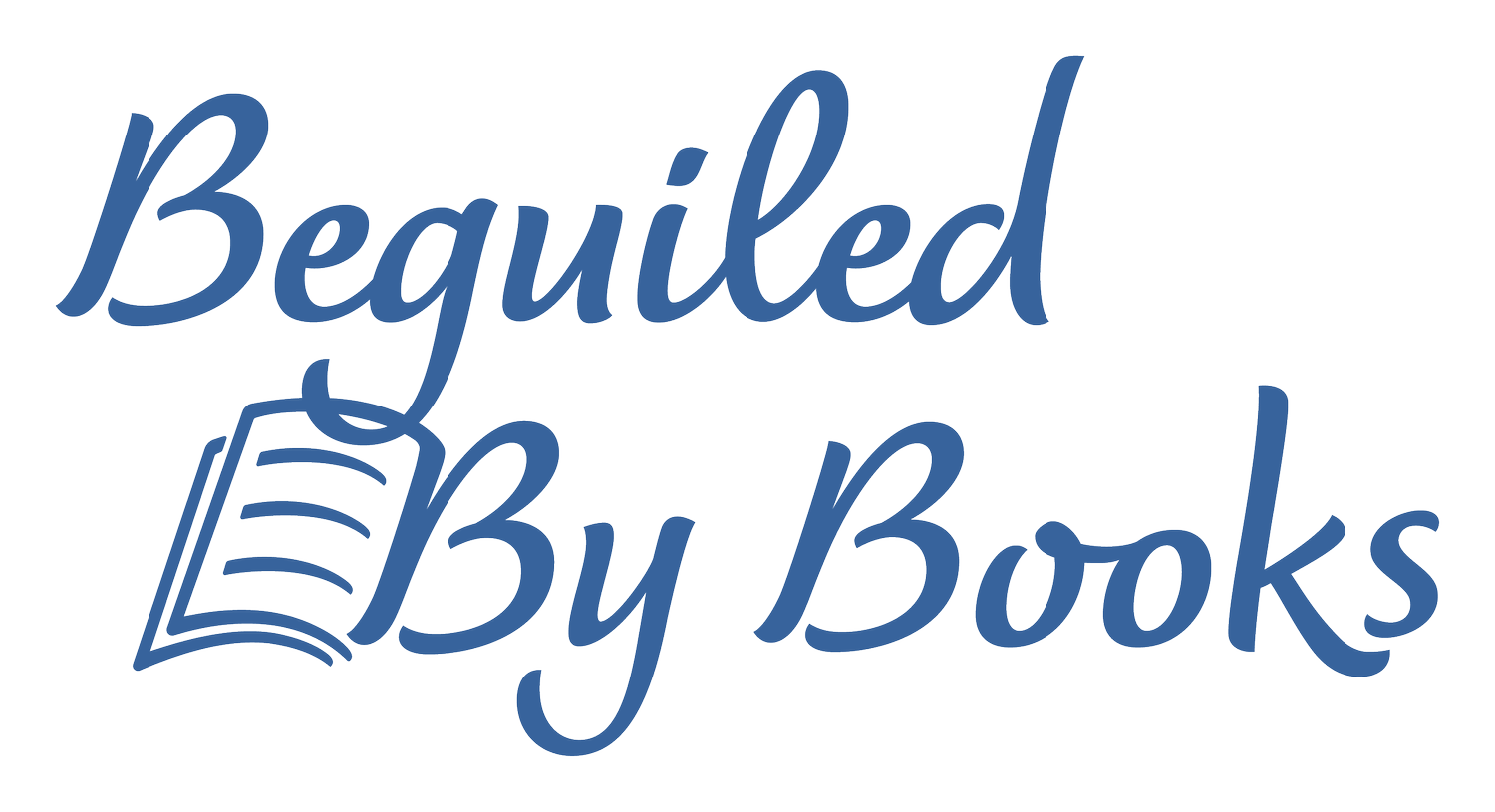How to Be Sad: Everything I've Learned About Getting Happier by Being Sad by Helen Russell
Despite TravelCon’s focus on travel, it pointed me in a very different direction toward self-improvement, learning, and reading. I was first introduced to Helen Russell at the inaugural TravelCon in Austin, 2018 (same with Ryan Holiday). There, she spoke about her insanely popular book, The Year of Living Danishly: Uncovering the Secrets of the World’s Happiest Country. I had heard of this book, and, at the time, reading was fun, but not how I regularly spent my time. After meeting Russell at a meet-and-greet event at the conference and discussing European travel a bit, she signed my book, and I went along my merry way. I decided it would make a great airplane read on the trip from Austin to Raleigh. While I read The Year of Living Danishly, I fell hard for Russell’s writing style. She takes feelings and backs them up (or debunks them) with facts — my favorite kind of non-fiction.
Fast forward to October 2021, with me eagerly refreshing my Kindle for Russell’s new release, How to Be Sad: Everything I've Learned About Getting Happier by Being Sad. In my not-so-humble opinion, How to Be Sad is Russell’s best work to date. She started this book in 2019, and given the pandemic and its (gestures vaguely) fallout, How to be Sad arrived at just the right time. Not only does Russell address the in-your-face reasons to be sad, like death, she also discusses what’s known as disenfranchised grief: the loss of a pet, a job, a divorce, or other significant life change. Others acknowledge these types of losses in your life, but too often, you’re expected to “get back to normal” after a short time. I’ve seen this frequently in the workplace (and I’ve probably been guilty of it too) where a coworker is going through a divorce, someone loses their job, or their pet dies unexpectedly. The workplace expects you to be “back in action” after an afternoon “off,” leaving no time to process your feelings and experiences.
Russell also talks about parenting. As the mother of three (one + twins), Russell shares various moments of sadness she experienced while trying to conceive, while expecting, and while being a “regular” parent. Following this path, Russell goes on to describe how many well-intentioned parents striving to protect their child(ren) from discomfort end up causing more harm than good for their adult child(ren). Too many young people today get anxious at the smallest of tasks – like making an appointment. Exposing your child(ren) to small discomforts today (falling down/minor injuries) helps keep them from social paralysis later in life when faced with making an appointment or dealing with customer service.
Russell weaves everything from other emotions around sadness, like anger and joy, to social and political movements in this non-fiction story around how sadness is normal. Russel also digs into sadness and vulnerability by discussing how too often, we want to “fix” sadness but, without acknowledging it, sitting with, and processing our feelings, we set ourselves up for even more sadness down the line – or even depression and anxiety. It’s okay to feel it. You don’t have to fix it. Sith with your sadness so you can feel joy more deeply when the sadness has run its course.
5/5 Highly Recommend
Book Club Reading Guide: How to Be Sad: Everything I've Learned About Getting Happier by Being Sad by Helen Russell
Some of my favorite quotes from How to Be Sad: Everything I've Learned About Getting Happier by Being Sad
It’s fine to be busy—as long as you’re not busy to avoid facing up to something else. Especially if that something is sadness. If you’re cramming your days with activities and appointments and deadlines to distract yourself from feeling and experiencing your emotions, you’ll pay for it in the long run.
And…
We should all be allowed our anger—and it isn’t something we should feel guilty about or mistake for frustration or sadness: we should feel it. And, perhaps, process it. It may not be “nice,” it may not be “pretty,” and it certainly won’t be “comfortable” but it’s important.
Loved this gem about the workplace and time off
“Scientists have found that the happiness and relaxation we feel on vacation peaks after about a week,” says Pang, “while the psychological benefits of a vacation last up to two months. So the ideal vacation schedule is one week off every three months.”
And finally, something we’re probably all guilty of…
The Germans even have a word for the weight gained from emotional eating—Kummerspeck, which translates as “grief bacon.”
Happy Reading! And enjoy your Kummerspeck.

